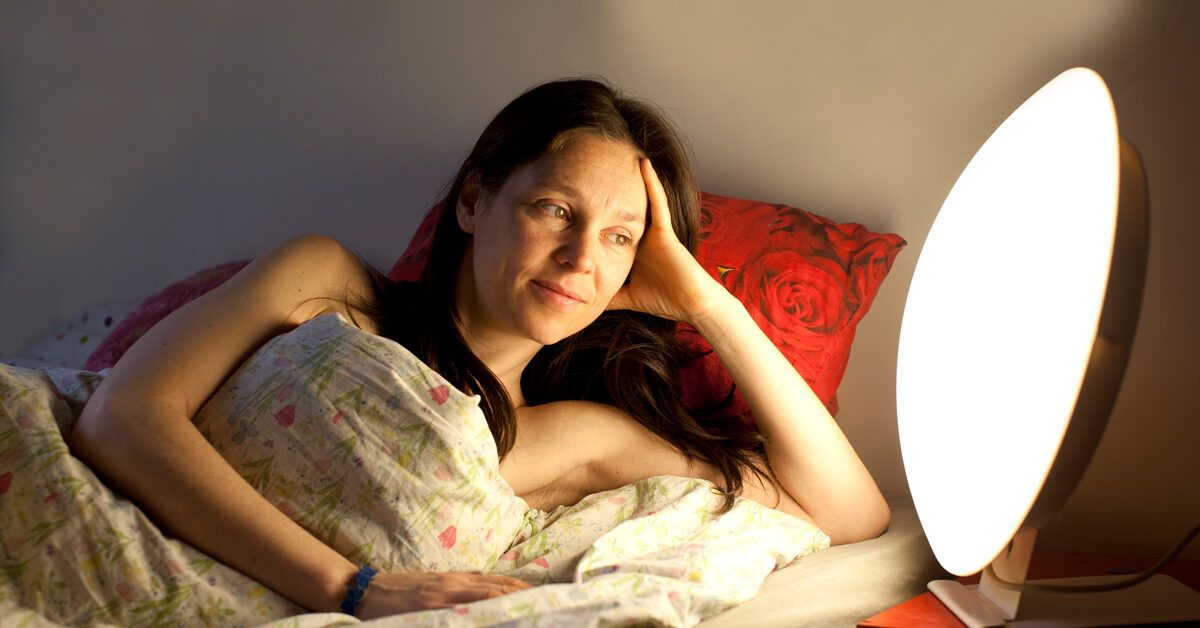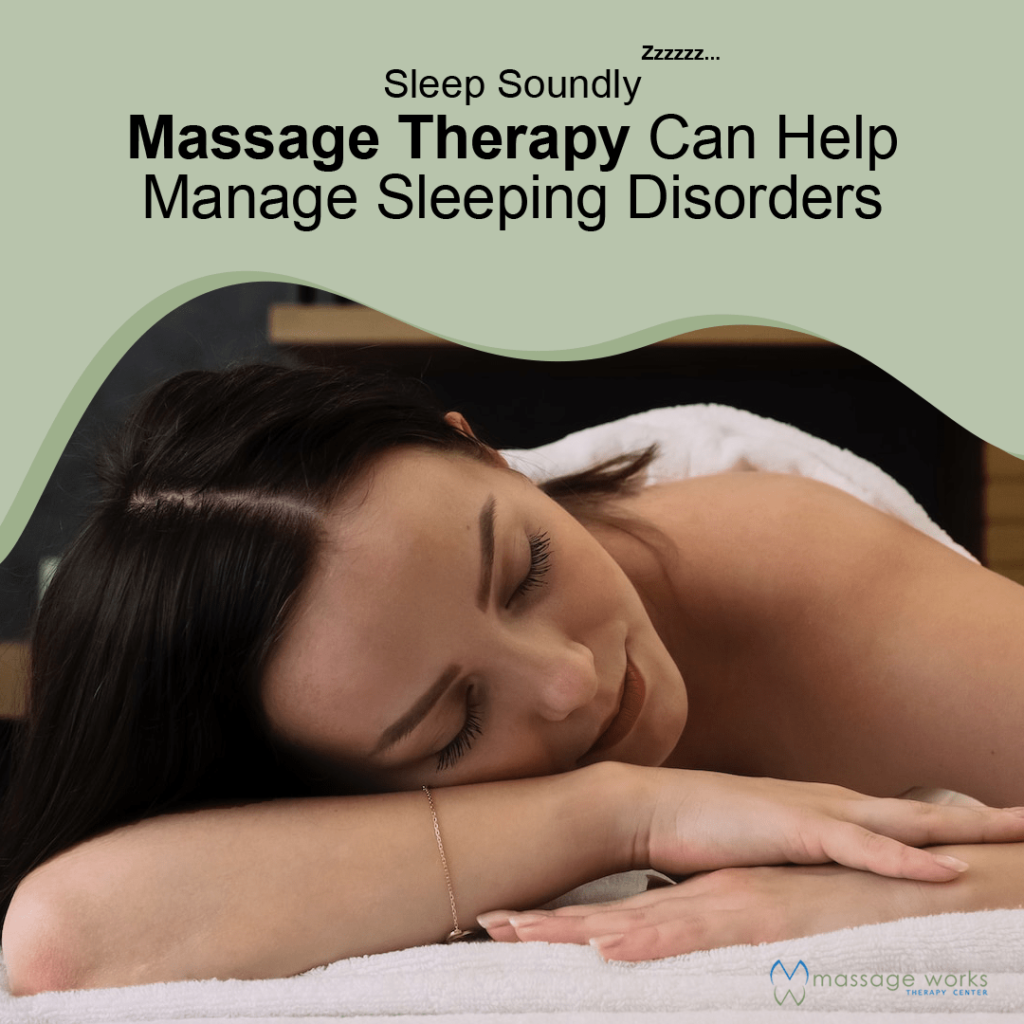Efficient Therapy Solutions for Taking Care Of Sleep Disorders and Enhancing Relaxed Rest
In the world of medical care, the management of rest disorders and the pursuit for peaceful sleep are crucial components of general health. Effective therapy services provide a multifaceted approach to take on these challenges, varying from cognitive behavioral treatments to holistic practices that promote leisure and mindfulness. The expedition of numerous approaches, consisting of the assimilation of medicine and light treatment, opens a realm of possibilities in the quest of better sleep quality. As we browse the elaborate landscape of rest problems and look for to boost our rest experience, a much deeper understanding of these therapy remedies may hold the secret to opening a much more refreshing and meeting restorative trip.
Cognitive Behavioral Therapy for Sleeping Disorders (CBT-I)
Cognitive Behavior Modification for Sleeplessness (CBT-I) is a structured, evidence-based therapy approach that concentrates on resolving the hidden factors adding to sleep disturbances. This kind of therapy intends to customize behaviors and ideas that intensify insomnia, eventually advertising healthy and balanced rest patterns. CBT-I normally includes numerous essential components, including cognitive treatment, rest limitation, stimulation control, and rest health education and learning.
Cognitive treatment assists people recognize and alter negative thought patterns and ideas about rest that may be preventing their ability to fall or remain asleep. Sleep constraint includes limiting the quantity of time invested in bed to match the person's real rest duration, consequently increasing rest efficiency (insomnia specialist). Stimulation control methods aid develop a solid organization in between the bed and rest by encouraging individuals to visit bed only when sleepy and to prevent taking part in stimulating tasks in bed
Moreover, sleep health education and learning concentrates on creating healthy rest habits, such as preserving a constant rest routine, creating a relaxing going to bed routine, and optimizing the sleep environment. By resolving these factors adequately, CBT-I uses an efficient non-pharmacological treatment for handling insomnia and boosting total rest high quality.
Rest Health Practices
Having actually developed the structure of cognitive restructuring and behavioral modifications in addressing insomnia through Cognitive Behavioral Treatment for Sleeplessness (CBT-I), the emphasis currently shifts in the direction of exploring vital Rest Health Practices for preserving optimal sleep quality and overall health.
Sleep hygiene practices encompass a variety of routines and environmental variables that can substantially impact one's capability to sleep and stay asleep throughout the evening. Consistent rest and wake times, producing a relaxing bedtime routine, and optimizing the rest environment by maintaining it dark, peaceful, and cool are vital elements of excellent sleep hygiene. Limiting exposure to displays before going to bed, avoiding energizers like caffeine near going to bed, and involving in normal physical activity throughout the day can likewise promote better sleep quality.
In addition, exercising leisure techniques such as deep breathing workouts or reflection prior to bed can help calm the mind and prepare the body for sleep. By including these sleep health techniques into one's day-to-day routine, individuals can establish a healthy and balanced sleep pattern that supports relaxed rest and general well-being.
Relaxation Strategies and Mindfulness
Carrying out relaxation methods and mindfulness practices can play a pivotal function in cultivating a feeling of tranquility and promoting quality rest. sleep disorder treatment. These techniques intend to quiet the mind, lower stress and anxiety, and produce an optimum environment for restful sleep. One extensively exercised approach is deep breathing workouts, where individuals focus on sluggish, deep breaths to kick back the mind and body. Modern muscle relaxation includes tensing and after that releasing each muscle mass group, promoting physical relaxation. Furthermore, assisted images can help transport people to a relaxed location in their minds, helping in tension reduction and improving sleep high quality.
By incorporating these practices right into a bedtime regimen, people can indicate to their bodies that it is time to loosen up and prepare for sleep. Generally, integrating relaxation techniques and mindfulness practices can substantially contribute to managing rest problems and boosting total rest high quality.

Medication Options for Rest Disorders
After checking out leisure strategies and mindfulness practices as non-pharmacological interventions for enhancing rest top quality, it is important to consider medication choices for people with rest disorders. In situations where way of life adjustments and treatment do not offer sufficient alleviation, medicine can be a beneficial tool in handling sleep disturbances.
Frequently suggested medicines for rest problems include benzodiazepines, non-benzodiazepine hypnotics, antidepressants, and melatonin receptor agonists. Benzodiazepines, such as diazepam, are sedatives that can aid induce sleep, however they are typically recommended for short-term use as a result important link of the threat of dependancy. Non-benzodiazepine hypnotics like zolpidem are additionally made use of to deal with insomnia and have a lower threat of reliance contrasted to benzodiazepines. Antidepressants, such as trazodone, can be beneficial for individuals with co-occurring depression and rest disturbances. Melatonin receptor agonists, like ramelteon, target the body's natural sleep-wake cycle and can be useful for regulating sleep patterns.
It is crucial for individuals to talk to a medical care company to establish the most appropriate drug alternative based upon their particular rest condition and case history.
Light Treatment for Circadian Rhythm Law
Light treatment, additionally called photo-therapy, is a non-invasive therapy approach utilized to regulate body clocks and boost sleep-wake cycles. This therapy includes exposure to intense light that simulates natural sunshine, which assists to reset the body's biological rhythm. By revealing individuals to specific wavelengths of light, generally in the morning or night depending upon the desired result, light therapy can effectively change the body clock to advertise wakefulness during the day and improve relaxed sleep association disorder rest in the evening.
Research study has actually shown that light therapy can be particularly helpful for individuals with circadian rhythm problems, such as postponed rest stage disorder or jet lag. It can also be valuable for those experiencing seasonal affective condition (SAD), a sort of clinical depression that usually takes place during the winter season when all-natural light direct exposure is reduced. Light therapy is usually well-tolerated and can be utilized along with various other therapy techniques for rest disorders to enhance results and boost general rest high quality.
Final Thought
Finally, effective treatment solutions for managing rest problems and boosting relaxed sleep consist of Cognitive Behavioral Treatment for Sleeplessness (CBT-I), rest hygiene practices, relaxation methods and mindfulness, medicine options, and light therapy for circadian rhythm guideline. These approaches can help individuals improve their sleep quality and overall wellness. It is necessary to seek advice from a health care copyright to identify one of the most suitable method for dealing with rest concerns.
As we navigate the intricate landscape of rest conditions and seek to improve our rest experience, a deeper understanding of these treatment remedies may hold the secret to unlocking an extra relaxing and fulfilling restorative journey.
Rest limitation includes restricting the quantity of time invested in bed to match the individual's actual rest duration, thus increasing rest performance. Constant sleep and wake times, read the full info here developing a relaxing bedtime regimen, and maximizing the sleep environment by keeping it dark, peaceful, and cool are critical elements of good sleep hygiene. Light treatment is typically well-tolerated and can be made use of in combination with various other therapy methods for rest disorders to maximize results and enhance overall sleep quality.

Comments on “Experienced Insomnia Specialist - Personalized Look After Better Sleep”